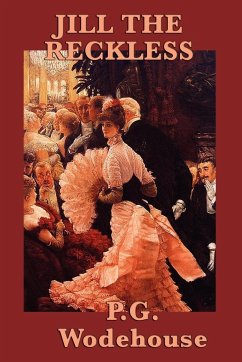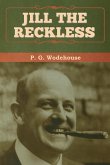Freddie Rooke gazed coldly at the breakfast-table. Through a gleaming eye-glass he inspected the revolting object which Barker, his faithful man, had placed on a plate before him. "Barker!" His voice had a ring of pain. "Sir?" "What's this?" "Poached egg, sir." Freddie averted his eyes with a silent shudder. "It looks just like an old aunt of mine," he said. "Remove it!"
Bitte wählen Sie Ihr Anliegen aus.
Rechnungen
Retourenschein anfordern
Bestellstatus
Storno








